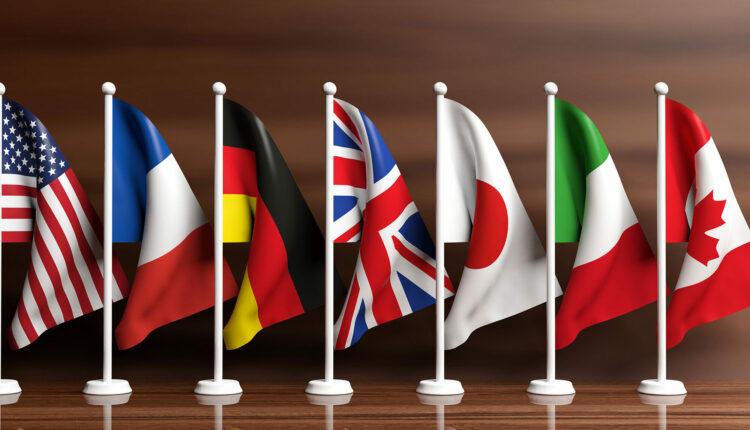G7 agrees to implement price cap on Russian oil
The move aims to cut off a source of funding for Moscow while its invasion of Ukraine continues. With London being a key global center for marine insurance, the plan is contingent on refusing to ship oil above the price cap.
TNI Bureau: The Group of Seven advanced economies (G7) agreed on Friday at a virtual meeting of their finance ministers to introduce a price cap on oil exports from Russia. The move aims to cut off a source of funding for Moscow while its invasion of Ukraine continues. With London being a key global center for marine insurance, the plan is contingent on refusing to ship oil above the price cap.
The group reiterated its “common political intention to finalize and implement a comprehensive ban on services enabling the maritime transportation of crude oil and petroleum products of Russian origin worldwide,” according to a joint statement by G7 finance ministers. The actual maximum price was not announced, with the G7 saying they are inviting “all countries” to contribute. The initial price cap will be based on a “set of technical inputs” and then revised as necessary.
Support Independent Journalism? Keep us live.
According to the G7, the price cap is intended to prevent Russia from “profiting from its war of aggression” while limiting the impact on global energy prices. Inflation is already high globally and in most G7 countries. Those involved in the delivery of Russian petroleum and petroleum products by sea are allowed to provide services if the price is below or at the cap, the statement said.
For the price caps to work, India and China will likely need to be included, although India bought Russian oil at low or discounted prices after invading Ukraine on February 24, with the government defending the move on grounds of national interest. The US has held talks with the government to gain support for oil price caps, including during a visit by US Deputy Treasury Secretary Wally Adeyemo to India in late August.


Comments are closed.